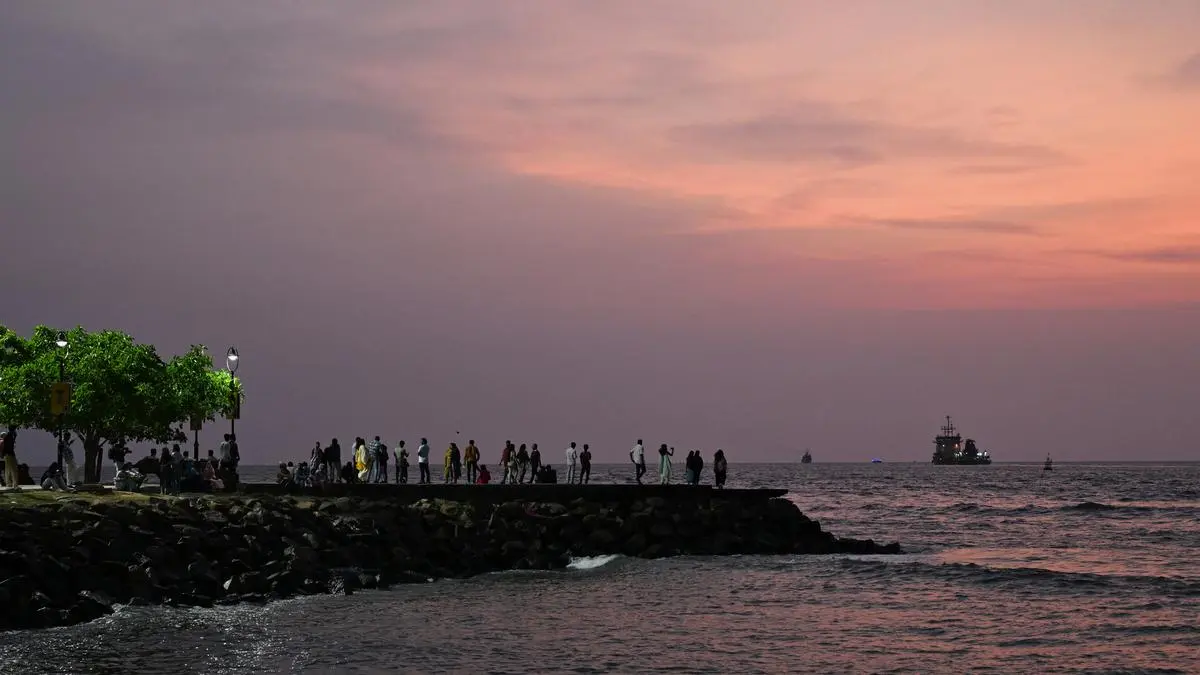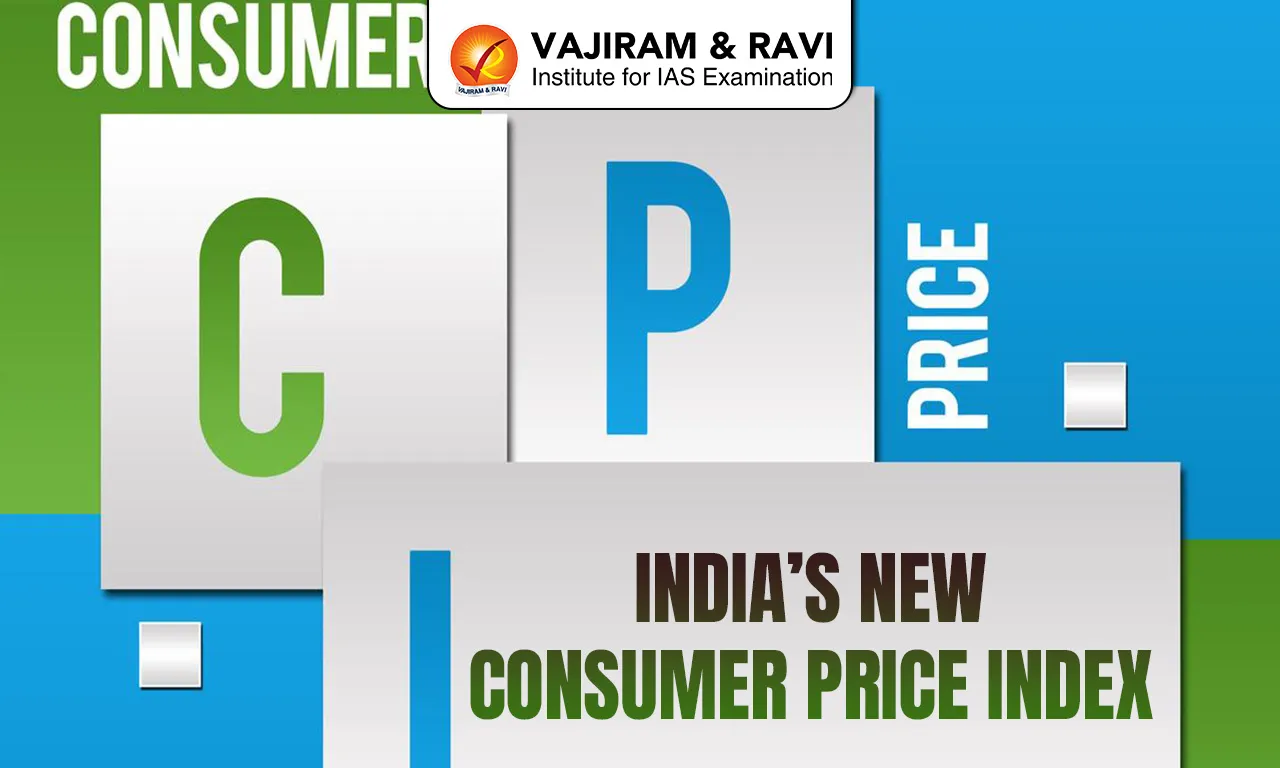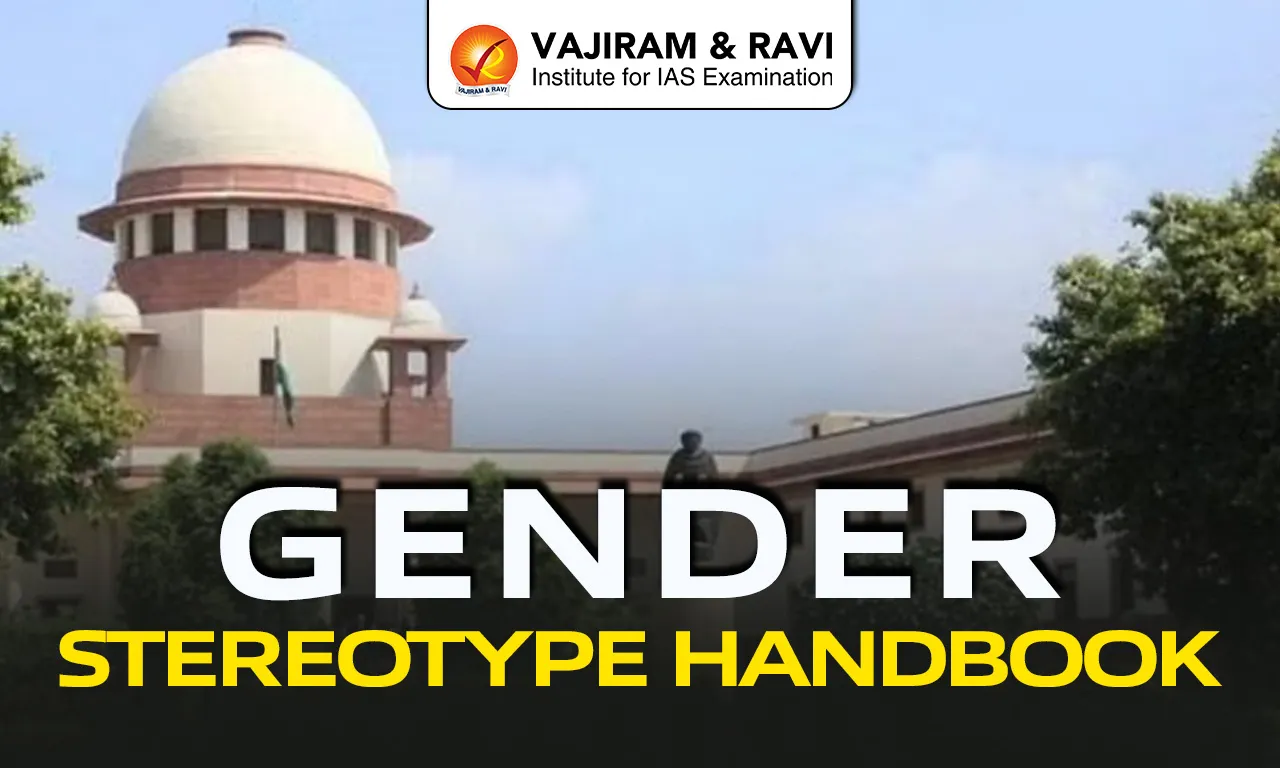What’s in today’s article?
- Why in the News?
- About INCOIS
- What Are Swell Waves?
- News Summary
Why in the News?
- The Indian National Centre for Ocean Information Services (INCOIS) has caution coastal states to remain alert to the sea being rough with high waves and inundation of low-lying areas.
About INCOIS
- Indian National Centre for Ocean Information Services (INCOIS) is an autonomous organization, established in 1999, under the Ministry of Earth Sciences.
- It is a unit of the Earth System Science Organization (ESSO).
- Objective: To provide ocean data, information and advisory services to society, industry, the government and the scientific community.
- Activities of INCOIS Include:
- Provides round-the-clock monitoring and warning services for the coastal population on tsunamis, storm surges, high waves, etc.
- Provides daily advisories to fisher folk to help them easily locate areas of abundant fish in the ocean while saving on both fuel and time used to search for the same.
- Short term (3-7 days) Ocean State Forecasts (waves, currents, sea surface temperature, etc.) are issued daily.
- Deploys and maintains a suite of Ocean Observing Systems in the Indian Ocean to collect data on various oceanic parameters to understand the processes in the ocean and to predict their changes.
What Are Swell Waves?

- Swell waves are formed by an ocean swell, hence the name swell surge.
- Ocean swells do not occur due to the local winds, but rather due to distant storms like hurricanes, or even long periods of gale winds.
- During such storms, huge energy transfer takes place from the air into the water, leading to the formation of very high waves.
- It moves from very deep water—away from its source, such as a hurricane or other storm event—toward very shallow water near the coast.
- Factors Affecting the Size of Swell Waves:
- Wind speed: The greater the wind speed, the larger the wave.
- Wind duration: The longer the wind blows, the larger the wave.
- Fetch: The greater the distance the wind travels over open water, the larger the wave.
- Swell Waves in India:
- Usually, states like Kerala witness swell waves as a result of strong winds in the southern part of the Indian Ocean, where an ocean swell is generated, and the waves then travel north to reach the coast in two or three days.
- The swell waves that were generated in March, 2024 after a low atmospheric pressure system moved over the region from the South Atlantic Ocean — 10,000 kilometres off the Indian coast.
- The arrival of the pressure system resulted in strong winds, which led to the formation of swell waves of up to 11 metres in height. These waves hit the Kerala coast and Lakshadweep.
- To forecast swell waves, INCOIS launched the Swell Surge Forecast System in 2020 which can give forewarning seven days in advance.
What is the Difference Between Swell Waves and Tsunamis?
- Unlike swell waves, a tsunami is a series of enormous waves created by an underwater disturbance usually associated with earthquakes occurring below or near the ocean.
- Tsunamis are around 10 times faster than swell waves.
- Although both swell waves and tsunamis slow down near the coast, the latter hit land at 30–50 km/h.
News Summary
- The Indian National Centre for Ocean Information Services (INCOIS) on Friday (May 3) forecasted that high sea waves, also known as swell waves, might hit the coastal areas of Goa, Maharashtra, West Bengal, Odisha, Tamil Nadu, Kerala, Lakshadweep, Karnataka, Gujarat, and Andaman & Nicobar Islands between Saturday (May 4) and Sunday (May 5).
- INCOIS cautioned fishermen and coastal population and urged for total suspension of operational/recreational activities at beach/nearshore regions.
- In March, swell waves led to flooding in several areas of Kerala — the worst affected were Alappuzha, Kollam, and Thiruvananthapuram districts.
Such flooding events are called Kallakkadal in Kerala.
Q1. How are Tsunamis Formed?
A tsunami is a series of extremely long waves caused by a large and sudden displacement of the ocean, usually the result of an earthquake below or near the ocean floor. This force creates waves that radiate outward in all directions away from their source, sometimes crossing entire ocean basins.
Q2. Why are Oceanic Ridges important?
Mid-ocean ridges are geologically important because they occur along the kind of plate boundary where new ocean floor is created as the plates spread apart. Thus the mid-ocean ridge is also known as a “spreading center” or a “divergent plate boundary.” The plates spread apart at rates of 1 cm to 20 cm per year.
Source: Swell waves likely to hit several coastal areas over the weekend, says INCOIS | foammagazine
Last updated on February, 2026
→ UPSC Notification 2026 is now out on the official website at upsconline.nic.in.
→ UPSC IFoS Notification 2026 is now out on the official website at upsconline.nic.in.
→ UPSC Calendar 2026 has been released.
→ Check out the latest UPSC Syllabus 2026 here.
→ Join Vajiram & Ravi’s Interview Guidance Programme for expert help to crack your final UPSC stage.
→ UPSC Mains Result 2025 is now out.
→ UPSC Prelims 2026 will be conducted on 24th May, 2026 & UPSC Mains 2026 will be conducted on 21st August 2026.
→ The UPSC Selection Process is of 3 stages-Prelims, Mains and Interview.
→ Prepare effectively with Vajiram & Ravi’s UPSC Prelims Test Series 2026 featuring full-length mock tests, detailed solutions, and performance analysis.
→ Enroll in Vajiram & Ravi’s UPSC Mains Test Series 2026 for structured answer writing practice, expert evaluation, and exam-oriented feedback.
→ Join Vajiram & Ravi’s Best UPSC Mentorship Program for personalized guidance, strategy planning, and one-to-one support from experienced mentors.
→ UPSC Result 2024 is released with latest UPSC Marksheet 2024. Check Now!
→ UPSC Toppers List 2024 is released now. Shakti Dubey is UPSC AIR 1 2024 Topper.
→ Also check Best UPSC Coaching in India






















